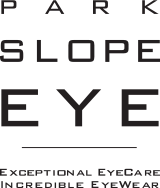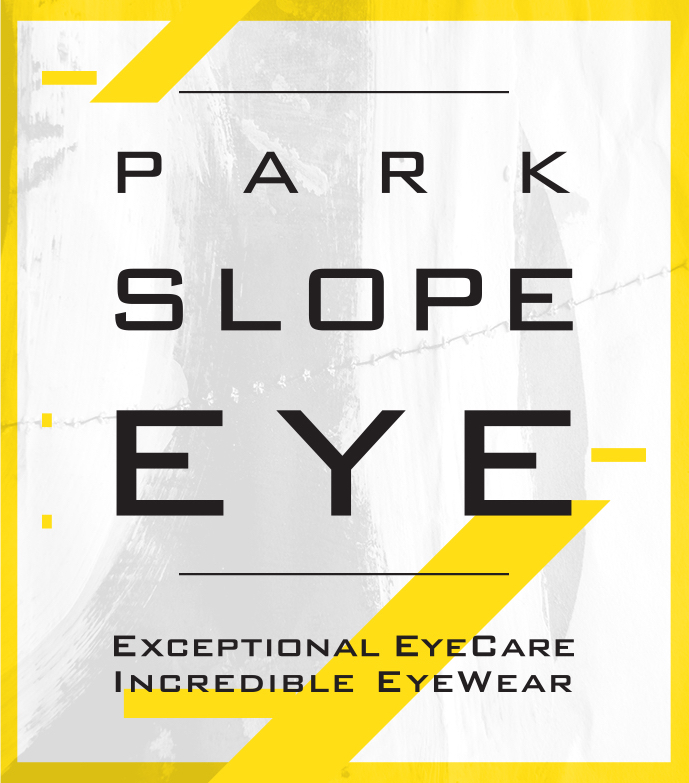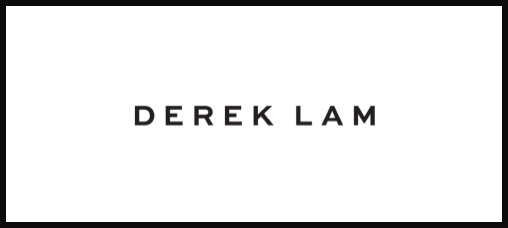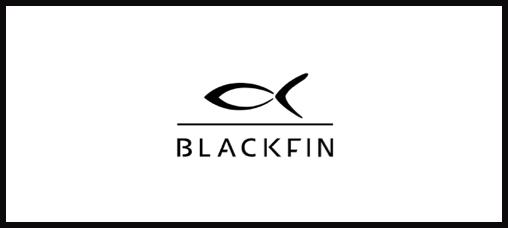Summer is over, but that doesn’t mean you should stop protecting your eyes. While the sun may not be beating down as strong as it was a month or two ago, your eyes are still vulnerable to damage. Park Slope Eye, family eye care clinic, explains how exposure to ultraviolet (UV) rays can affect your eyesight.

Understanding UV Rays
UV rays are the strongest during the summer, but that doesn’t mean they aren’t a threat when the weather turns cooler. To better understand how UV rays can affect your eyesight, you first need to learn about the two kinds of UV radiation: the long-wave ultraviolet A (UV-A) and short-wave ultraviolet B (UV-B) rays.
UV-B rays are heat rays with a short wavelength and are more intense in the summer. UV-A rays, on the other hand, are longer but remain just as strong in the fall and winter as in the summer.
Eye Problems Caused by UV Rays
UV-A rays can impair your central vision. They target the macula, a part of the retina at the back of your eye responsible for visual acuity. UV-B rays can cause more serious eye problems than UV-A rays, such as cataracts. Excessive exposure to UV-B rays can also lead to corneal sunburn or photokeratitis. If you experience any vision-related problems, visit your local eye doctor.
Seasonal Eye Allergies
Apart from ultraviolet rays, you may have to be wary of eye allergies. They can be triggered by allergens such as pollen, pet dander, dust mites and mold. You may experience itching, inflammation and redness of the eyes.
Turn to Park Slope Eye for professional eye care services to maintain healthy eyesight. Call us today at (347) 380-7070 to schedule an appointment. We serve residents of Brooklyn, NY.
